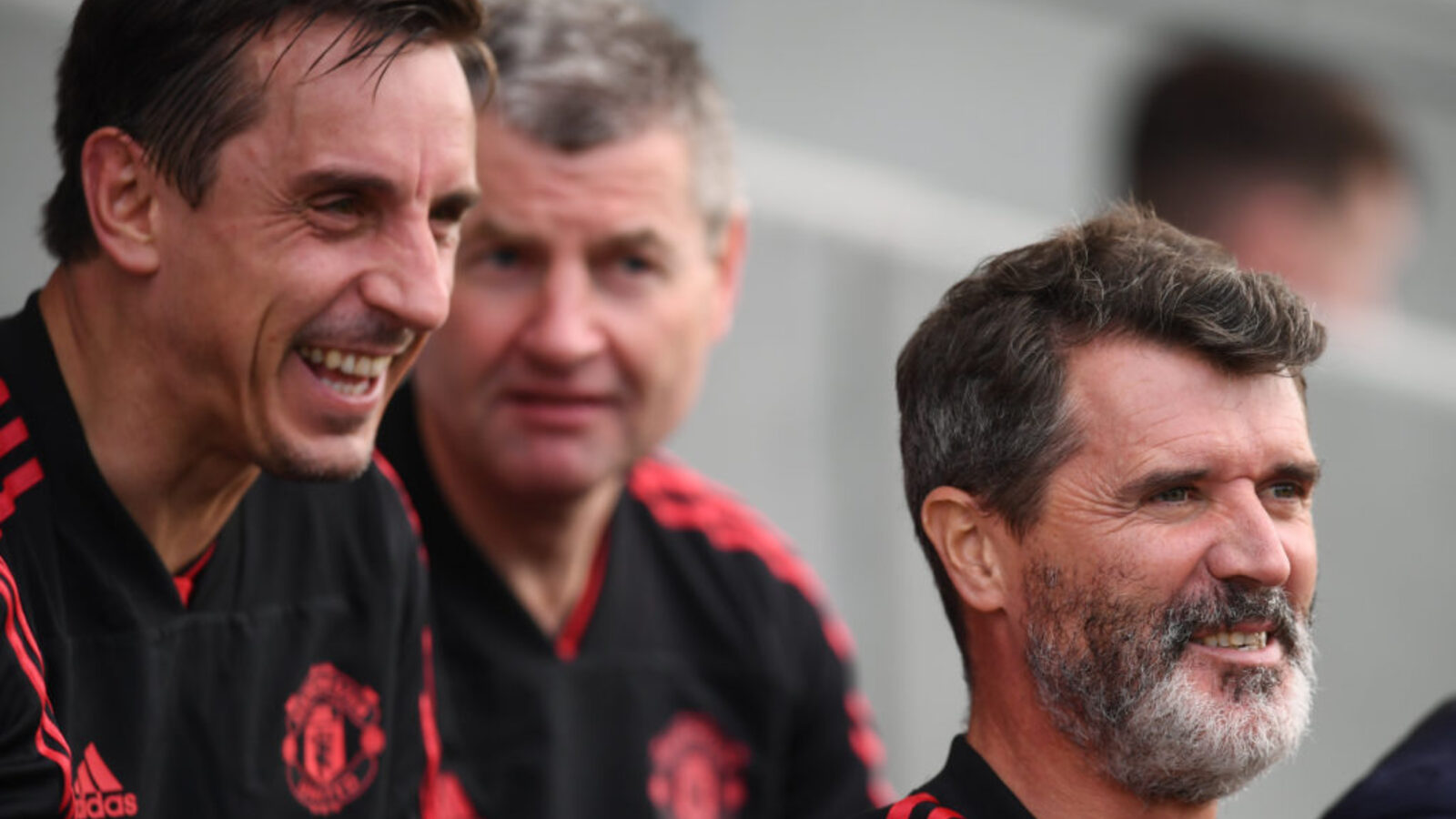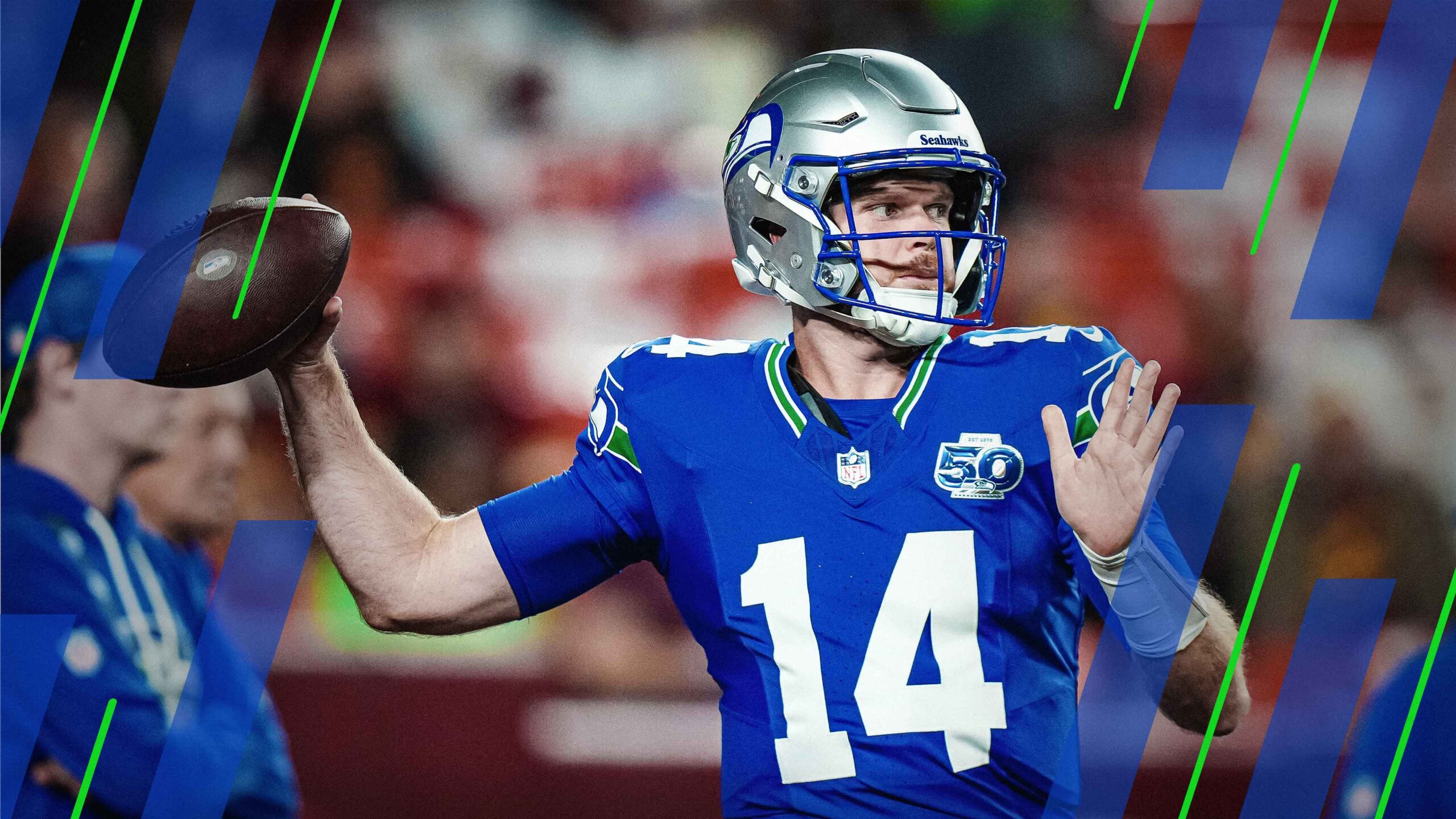Three former Manchester United stars, Gary Neville, Roy Keane, and Paul Scholes, recently discussed the best German footballer of all time during an episode of The Overlap on TikTok. The twist in the conversation was that they were prohibited from naming the legendary Franz Beckenbauer, a player often considered the obvious choice. This restriction prompted a more thoughtful exploration of Germany’s rich football history.
Beckenbauer, who led West Germany to victory in the 1974 World Cup and secured two Ballon d’Or awards, is frequently celebrated as one of the greatest players in the sport. His remarkable achievements also include three Bundesliga titles and three European Cups with Bayern Munich. Yet, with Beckenbauer off the table, the trio explored other noteworthy German talents.
Scholes Highlights Rummenigge’s Impact
While Neville and Keane converged on a consensus, Scholes took a different route. He praised Karl-Heinz Rummenigge, lauding the forward’s impressive scoring abilities and significance in European football during the late 1970s and early 1980s. Rummenigge, who also claimed the Ballon d’Or twice, epitomized precision in attack. Scholes emphasized the value of a decisive forward, contrasting with the midfield focus often associated with Beckenbauer.
Adding to the conversation, former England striker Ian Wright later weighed in, selecting Thomas Müller as his top choice. Wright described Müller as one of the most intelligent and adaptable players of modern football. His effective off-ball movement and pivotal role in Germany’s 2014 World Cup victory highlight a type of greatness characterized by subtlety rather than flamboyance.
Keane and Neville Opt for Matthäus
Ultimately, when it came to choosing their greatest German player, both Neville and Keane aligned on their pick: Lothar Matthäus. Neville stated, “Lothar Matthäus,” to which Keane responded, “I’d go along with that. He’s gone under my radar for a while.”
Matthäus captained West Germany to their 1990 World Cup triumph and won the Ballon d’Or in the same year. His extensive career spanned both the Bundesliga and Serie A, with notable success at Bayern Munich and Inter Milan. Renowned for his career longevity and versatility, Matthäus is often hailed as one of football’s most complete midfielders. In the absence of Beckenbauer, Matthäus emerged as a fitting successor in the hierarchy of German football legends.
This lively debate among former players highlights the depth of talent in German football, illustrating how different perspectives can provide fresh insights into the legacies of iconic athletes.







